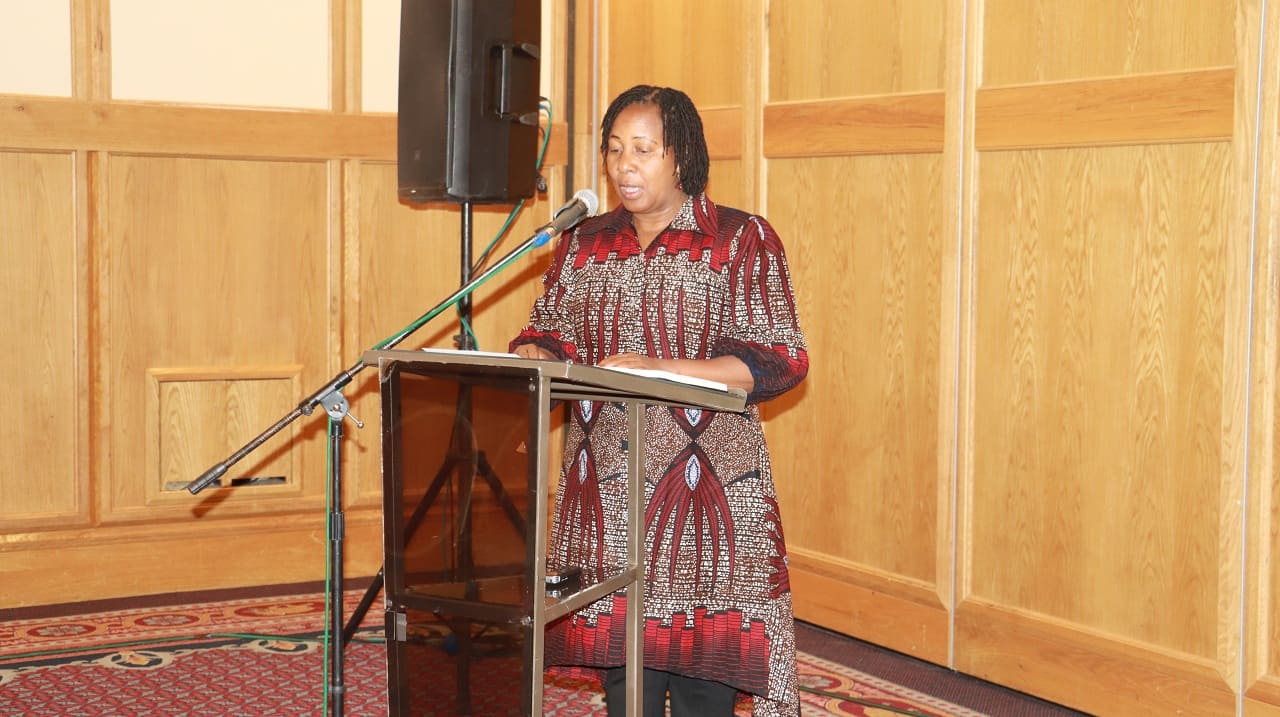Egerton University is at the forefront of transforming education and creating lasting impact in the community and industry through Problem-Based Learning (PBL). Spearheaded by Prof. Patience Mshenga, Dean of the Faculty of Agriculture, the PBL initiative is supported by the Finnish Government and has become a cornerstone of the University’s approach to education.
In her recent discussions at the RUFORUM Triennial Conference, Prof. Mshenga highlighted the success stories of young men and women who engaged in real-world challenges. For instance, these students collaborated with community members to formulate and market organic fertilizers. Over a period of four weeks, including two weeks of online engagement and two weeks in person, the students developed high-quality organic fertilizers from market waste and successfully brought them to market. This experience not only provided practical skills but also bridged the gap between the University and the community, demonstrating the powerful impact of PBL.
Beyond organic fertilizers, Egerton University has embedded PBL into its broader curriculum. Agriculture students, for example, are required to complete field attachments where they identify and solve problems on farms or agri-enterprises, ensuring that they leave these sites more productive than before. This hands-on approach, coupled with continuous engagement with industry partners like the OCP Group of Companies, has significantly enhanced the relevance and effectiveness of the University’s academic programs.
Additionally, Egerton University is retooling its academic staff in preparation for Kenya’s transition to the Competency-Based Curriculum (CBC). Over 500 staff members have been trained in student-centered methodologies, ensuring that the next generation of graduates is well-equipped with 21st-century skills. The University’s commitment to PBL and industry collaboration is not only enriching the learning experience but also transforming economies by producing graduates who are capable of driving meaningful change in their communities.
By Agnes Mwangi









